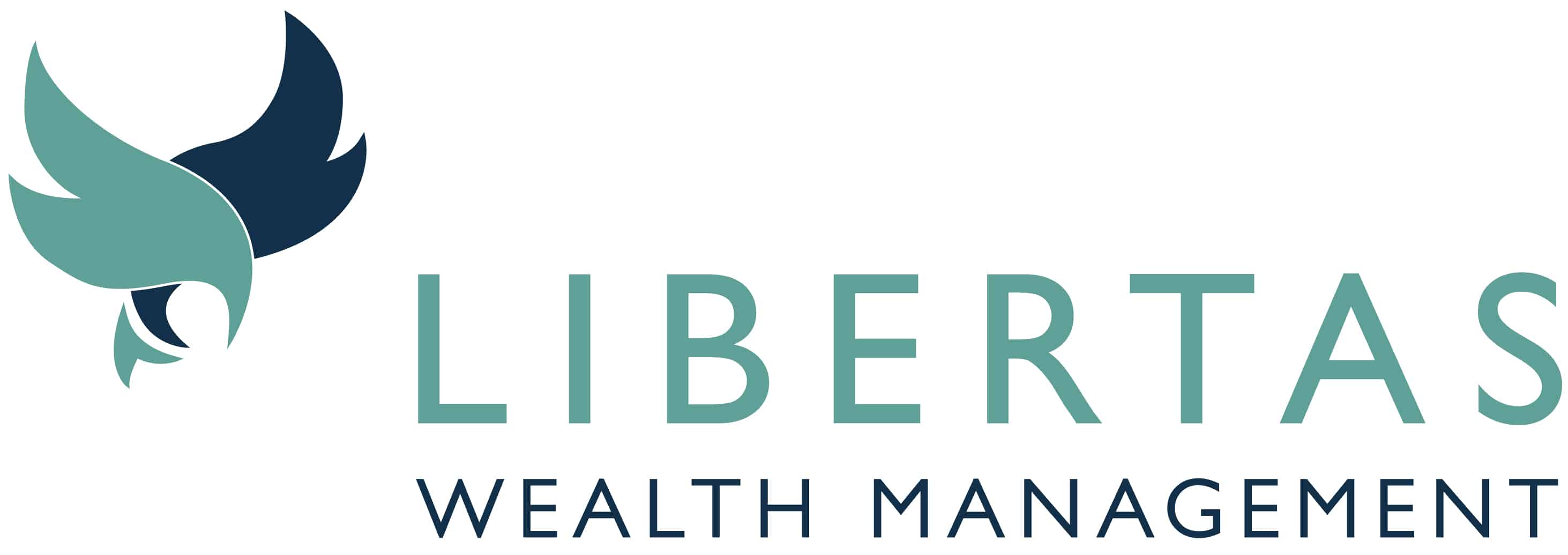The key changes you need to know
You want to pay the minimum amount of tax legally possible. We want that for you, too. The 2019/20 tax year started on 6 April and in general taxpayers will have more money in their pocket after increases to allowances came into force, but there are a few losers, in particular those selling shares and buy-to-let landlords.
Increases to the tax-free personal allowance announced in last year’s Budget have now also come into effect, alongside a number of other proposals. We’ve provided our summary of the key changes.
Income Tax
The tax-free personal allowance increased from £11,850 to £12,500, after Chancellor Philip Hammond announced in the 2018 Budget that he was bringing the rise forward by a year. The higher-rate tax band increased from £46,350 to £50,000 in England, Wales and Northern Ireland. But in Scotland, where income tax rates are devolved, the higher-rate tax band remains at £43,430 – £6,570 lower than the rest of the UK.
National Insurance contributions across the UK have also increased to 12% on earnings between £46,350 and £50,000. In line with the rest of the UK, however someone in Scotland pays National Insurance at a rate of 12% on earnings up to £50,000, before this reduces to 2% on earnings above this level.
Inheritance
The threshold at which the 40% Inheritance Tax rate applies on an estate remains at £325,000. However the Residence Nil-Rate Band increased to £150,000. This is an allowance that can be added to the basic tax-free £325,000 to allow people to leave property to direct descendants such as children and grandchildren – taking the combined tax-free allowance to £475,000 in the current tax year. However, the allowance is reduced by £1 for every £2 that the value of the estate exceeds £2m.
When you pass on assets to your spouse they are Inheritance Tax free and your spouse can then make use of both allowances. This means the amount which can be passed on by a married couple is currently £950,000.
Pensions
The state pension increased by 2.6% – with the old basic state pension rising to £129.20 a week, and the new state pension rising to £168.60 a week.
The amount employees now pay into their pensions has increased to a minimum total of 8% under the Government’s auto-enrolment scheme. The increase means employers now pay in a minimum 3% of a saver’s salary while the individual pays in a minimum 5%.
The level of the state pension rises every year by the highest of 2.5%, growth in earnings or Consumer Price Index (CPI) inflation. This is due to the ‘triple lock’ guarantee, which was first introduced in 2010.
The pension lifetime allowance increased to £1,055,000 on pension contributions, in line with consumer price index inflation. This is the limit on the amount retirees can amass in a pension without incurring additional taxes. Anything above this level can be taxed at a rate of 55% upon withdrawal.
The overall annual allowance has remained the same at £40,000, along with the annual allowance taper which reduces pension relief for those with a yearly income above £150,000.
Investors
The Junior Individual Savings Account (ISA) limit increased to £4,368. All other ISA limits remain the same. The annual amount that can be sheltered across adult ISAs stays at £20,000 for the 2019/20 tax year.
The Capital Gains Tax annual exemption, that everyone has, increased to £12,000. Above this amount, lower-rate taxpayers pay 10% on capital gains, while higher and additional rate taxpayers pay 20%. However people selling second properties, including buy-to-let landlords, pay capital gains tax at 18% if they are a basic rate taxpayer or 28% if a higher or additional rate taxpayer.
Capital Gains Tax for non-UK residents has been extended to include all disposals of UK property.
Entrepreneur’s Relief gives a Capital Gains Tax break to those who sell shares in an unlisted company, provided they own at least 5% of the shares and up to a lifetime value of £10m. The holding period to qualify for the relief is 24 months.
This is also the first tax year where claims can be made for investors’ relief, which in a similar way, gives Capital Gains Tax breaks to those who sell shares in unlisted firms. While the former is aimed at company directors, the latter is geared to encourage outside investment in firms.
There is no minimum shareholding to be eligible but investors must have held the shares for at least three years. As the relief was introduced in 2016, this is the first tax year when it can be used.
Buy-To-Let Landlords
On April 6 the next stage of the phased removal of mortgage interest relief came into effect. Buy-to-let landlords used to be able to claim the interest paid on their mortgages as a business expense to reduce their tax bill. Now they will only be able to claim a quarter of this amount as tax deductible ahead of the complete removal of the relief in the 2020/21 tax year.
INFORMATION IS BASED ON OUR CURRENT UNDERSTANDING OF TAXATION LEGISLATION AND REGULATIONS. ANY LEVELS AND BASES OF, AND RELIEFS FROM, TAXATION ARE SUBJECT TO CHANGE.
THE VALUE OF INVESTMENTS AND INCOME FROM THEM MAY GO DOWN. YOU MAY NOT GET BACK THE ORIGINAL AMOUNT INVESTED.
Disclaimer: The information provided in our website blogs is accurate and up-to-date at the time of writing. However, please be aware that legislative changes and updates may occur after the publication date, which could potentially impact the accuracy of the information provided. We encourage readers to verify the current status of laws, regulations, and guidelines relevant to their specific circumstances. We do not assume any responsibility for inaccuracies or omissions that may arise due to changes in legislation or other factors beyond our control.
If you would like any clarification, or have any questions, please get in touch.





